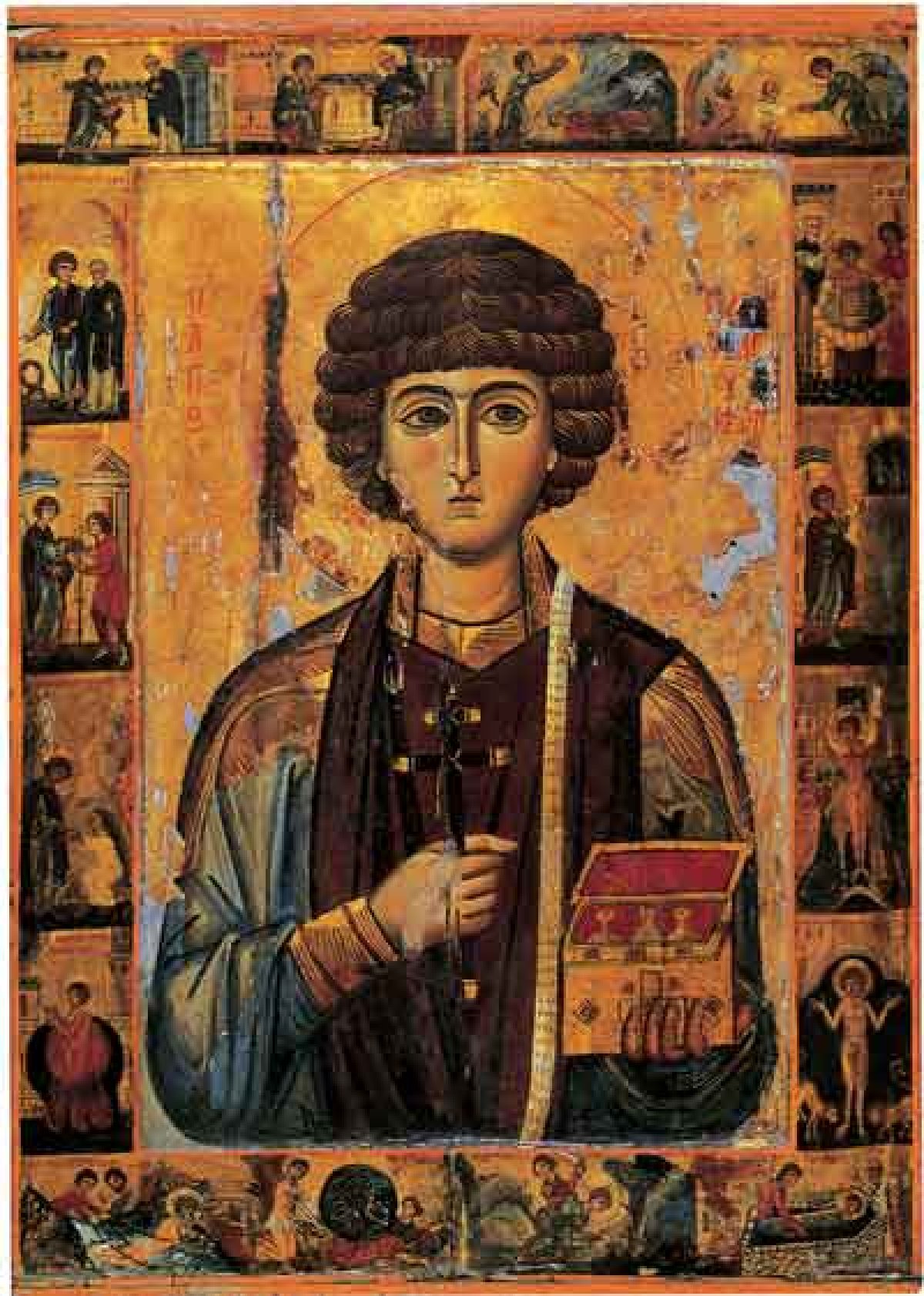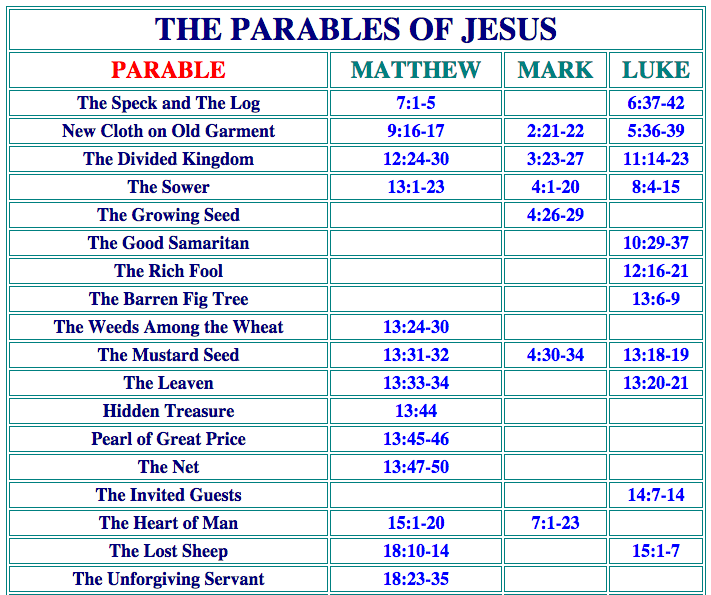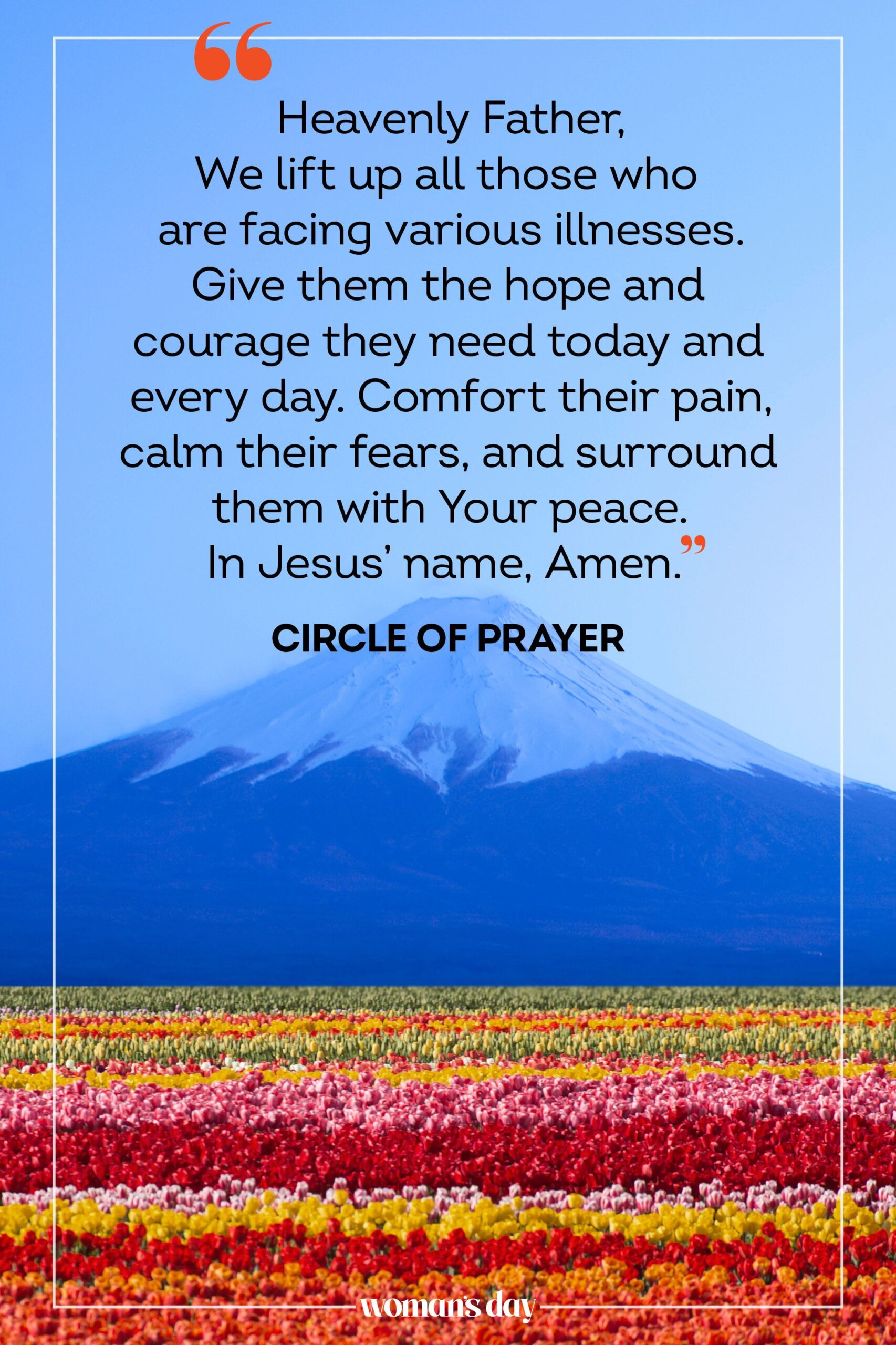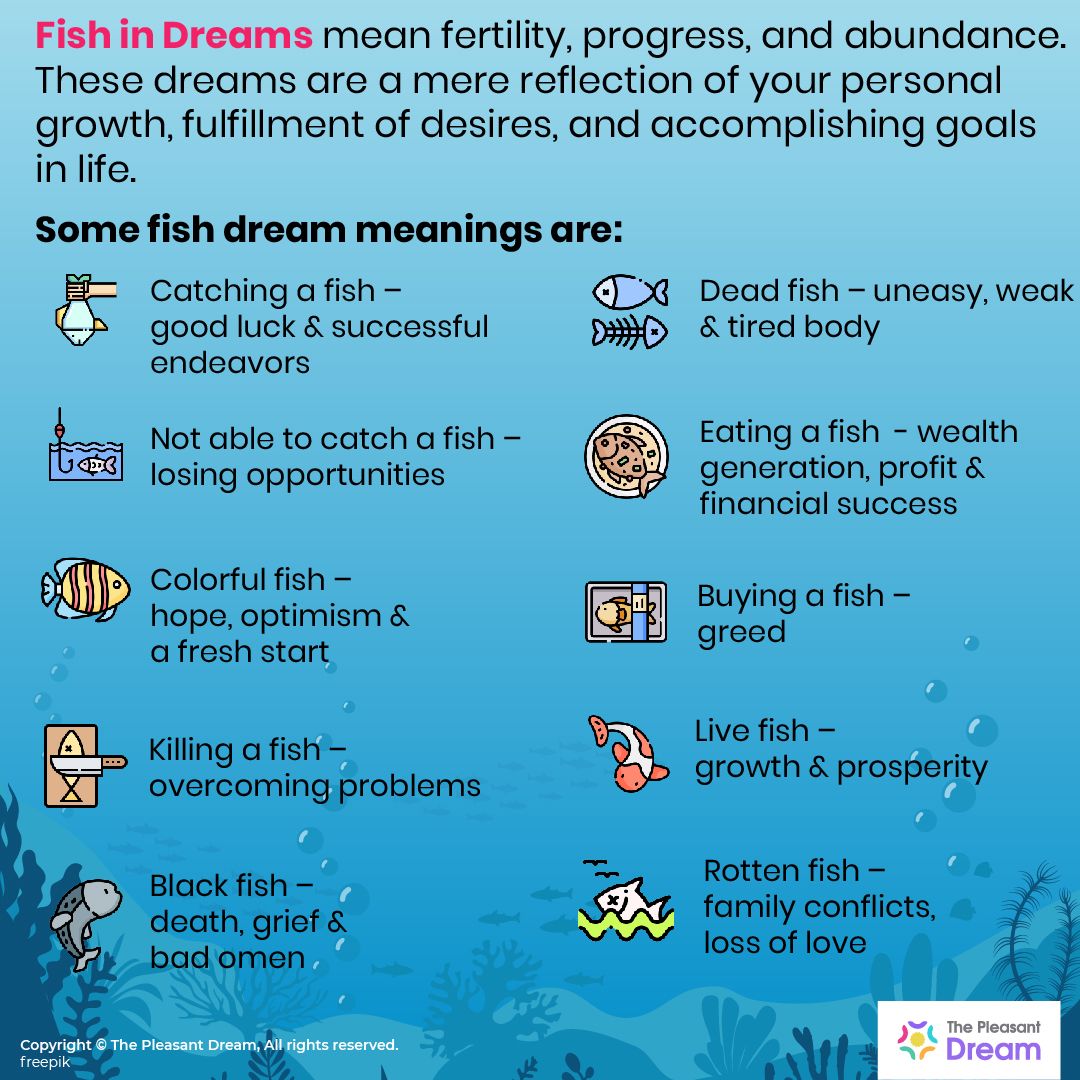What Does Number 12 Mean In The Bible
What Does Number 12 Mean In The Bible
The Bible is full of the number 12. Some have speculated that this is because the original scriptures were written with 12 tribes in mind, but many believe it has to do with God’s plan for His people. In fact, the following passages from Scripture will show you that the number 12 isn’t just an interesting coincidence—it’s a sign of God’s perfect plan and authority over every part of our lives today as well as throughout history!
The number 12 features prominently in the Bible.
The number 12 features prominently in the Bible. The number 12 is used to symbolize God’s authority, perfect rule and complete power.
The number 12 is used in Revelation to symbolize the 12 tribes of Israel who will be persecuted by antichrist, but they will receive help from God at Armageddon.
The number 12 also represents the apostles sent out by Jesus Christ to spread his message of salvation throughout the world.
In addition, there are many references to important events being related to 1/12th or multiples thereof (such as 144 cubits).
God divides time into 12 months and the year into four seasons (Genesis 8:22).
God divides time into 12 months and the year into four seasons (Genesis 8:22). He has given us a calendar to help us understand the passage of time. God made the sun, moon and stars to measure time. He created them for signs and seasons (Genesis 1:14).
There are 12 hours of daylight and 12 hours of darkness (John 11:9).
There are 12 hours of daylight and 12 hours of darkness (John 11:9). The number 12 symbolizes God’s authority, perfect rule and complete power. God’s authority, perfect rule and complete power is symbolized by 12 hours of daylight and 12 hours of darkness
The Lord Jesus had 12 disciples.
The Lord Jesus had 12 disciples. The number 12 is significant because the Lord Jesus chose 12 apostles to be his closest followers, the first ones to see him after he died and rose from the dead, the first ones to preach his gospel, and they were also responsible for establishing the church.
These 12 apostles were Peter (the rock), Andrew (the fisherman), James (the son of Zebedee), John (the beloved one), Philip (the lover of horses) Bartholomew or Nathaniel (truthful man). Matthew Levi was also one of them but people called him Matthew because he collected taxes for Rome at that time. Five other disciples are Simon Thaddeus or Simon Zelotes who was not included in the list above but was an apostle according Simon Peter’s second letter; Judas Iscariot who betrayed Christ; James Alphaeus who was called Alpheus too and commonly known as James; Thaddeus or Lebbaeus known as Jude brother of James mentioned in Mark 6:3-4
The Acts reveals that later on there were others added to this group such as Thomas Didymus Judas Barsabbas Silvanus Justus Matthias Andronicus Phlegon Sosthenes Aquila Aristarchus Epaphras Tychicus Clement Titus Africanus Ampliatus Urbanus Apollos Aquila Herodion Zenas Aristobulus Luke Demetrius Erastus Philologos Hermes Nympha Philemon Onesimus Euodia Syntyche Archippus Prochorus Nicanor Olympas Irena Phebe Philo Archippus Epaphroditus
Jacob had 12 sons who became the patriarchs of the twelve tribes of Israel (Genesis 35).
Jacob had 12 sons who became the patriarchs of the twelve tribes of Israel (Genesis 35).
The twelve sons were Reuben, Simeon, Levi, Judah, Issachar, Zebulun, Dan, Gad and Naphtali. Joseph was Jacob’s favorite son and also his eleventh child but he was born to Rachel while she was expecting Benjamin. Joseph’s older brothers were jealous of him because they thought their father preferred him over them so they sold him into slavery in Egypt when he was 17 years old. They falsely accused him of trying to rape their sister Dinah before they sold him into slavery in Egypt where his master Potiphar put him in jail for being a thief but Pharaoh later freed both Joseph and Potiphar after being impressed with how well Joseph interpreted his dreams about seven years of plenty followed by seven years of famine coming soon.
There were twelve stones representing the twelve tribes of Israel, placed in the Jordan River to aid Joshua in ending his 40 years of wandering (Joshua 4).
The most popular interpretation of this is that the twelve stones symbolized the twelve tribes of Israel, who were led by Joshua. The stones were placed in the Jordan River to aid him in ending his 40 years of wandering, as a reminder that God was with them every step of their journey.
The second possible meaning is that these stones were placed on two altars on either side of the Jordan River—one for each tribe—and they were used to form an altar when they crossed over into Canaan after crossing into Jericho.
Finally, there is another interpretation which says that these 12 stones were actually used in building up a monument at Gilgal (which means “circle”) and are symbolic for being united under God’s leadership during times of struggle.
In Revelation, there is mention of a wall that has twelve foundations (Revelation 21) and twelve gates (Revelation 22).
In Revelation, there is mention of a wall that has twelve foundations (Revelation 21) and twelve gates (Revelation 22). This wall represents God’s authority and protection. The foundations represent the twelve apostles, and the gates represent the twelve tribes of Israel. The wall is a metaphor for God’s word and His church.
Twelve is an important number in the Bible because it symbolizes God’s authority, perfect rule and complete power.
Twelve is an important number in the Bible because it symbolizes God’s authority, perfect rule and complete power.
God created a universe that is governed by certain laws. The day-and-night cycle, seasons of the year, lunar phases and human gestation period are examples of God’s perfect rule over creation (Psalm 19:1). These things had to be established at their appointed times before anything else could happen on planet earth (Genesis 1). In fact, we could say that everything else happened in accordance with these “time markers” set forth by God (Psalm 104:19–23).
Throughout history there have been twelve generations from Abraham to Jesus Christ—the promised Messiah who would come through his lineage (Matthew 1:1–17). This theme of special providence continued when there were twelve apostles chosen by Jesus Christ to carry out His mission after His ascension into heaven (Acts 1:25).
Twelve signifies spiritual completion as well as divine authority over every area of our lives including our finances (Proverbs 16:9; Isaiah 3:15), family relationships (Luke 12:41–48) and ministry calling(Acts 6; Acts 10).
The number 12 is an important number in the Bible because it symbolizes God’s authority, perfect rule and complete power. This number is first mentioned when Noah was told to build an ark that could hold “two of every kind” and the length of their cubits (Genesis 6:15). Twelve also appears in Revelation 21 where it is said that there are twelve foundations in a wall around the city of God (Revelation 21:14).








